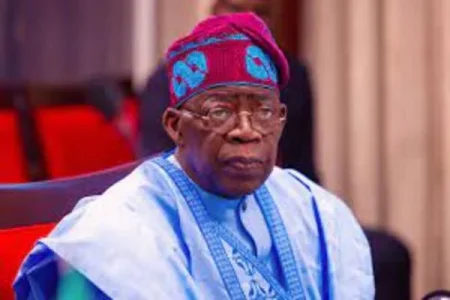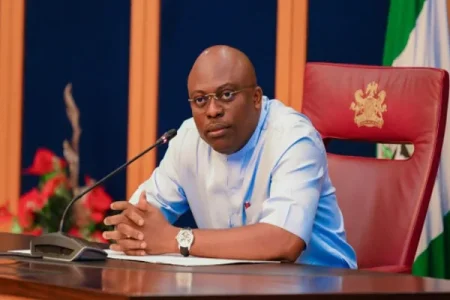
As President Bola Tinubu marks two years in office, the Coalition of United Political Parties (CUPP) has delivered a scathing verdict: his administration represents Nigeria’s steepest socio-economic decline since independence. From hunger to debt, the opposition’s audit paints a grim portrait, but is their critique a rallying cry or political theatrics?
- Economic Shockwaves: Inflation hits 36%, national debt projected at ₦188 trillion by 2025, and 20M more children pushed out of school. CUPP alleges that subsidy savings were squandered on "elite-focused" loans.
- Security Vacuum: Benue, Plateau, and Abuja remain under siege by terrorists and kidnappers, with no diplomatic ambassadors to advocate globally.
- Healthcare Collapse: Hospitals dubbed "worse than consulting clinics" while leaders seek treatment abroad. CUPP calls it a "two-class system."
- 2027 Shadow: Tinubu accused of prioritizing reelection over governance, with opposition vowing to present a "credible alternative."
The CUPP’s indictment reflects broader public frustration over policies that squeeze households while debt balloons. Yet, their credibility hinges on uniting Nigeria’s fractured opposition.
For Nigerians weighing empty pots against political promises, these two years have redefined hardship, but the opposition’s capacity to channel discontent remains untested.
Can Nigeria’s opposition move beyond criticism to craft actionable solutions, or will Tinubu’s reforms eventually mute their protests?



![[Video] Nigerians React as Senator Struggles to Define ‘Harmonize’ During Senate Plenary](/data/attachments/217/217110-20546a08115436dbd67f3407f913d691.jpg?hash=_bSulMJJm-)